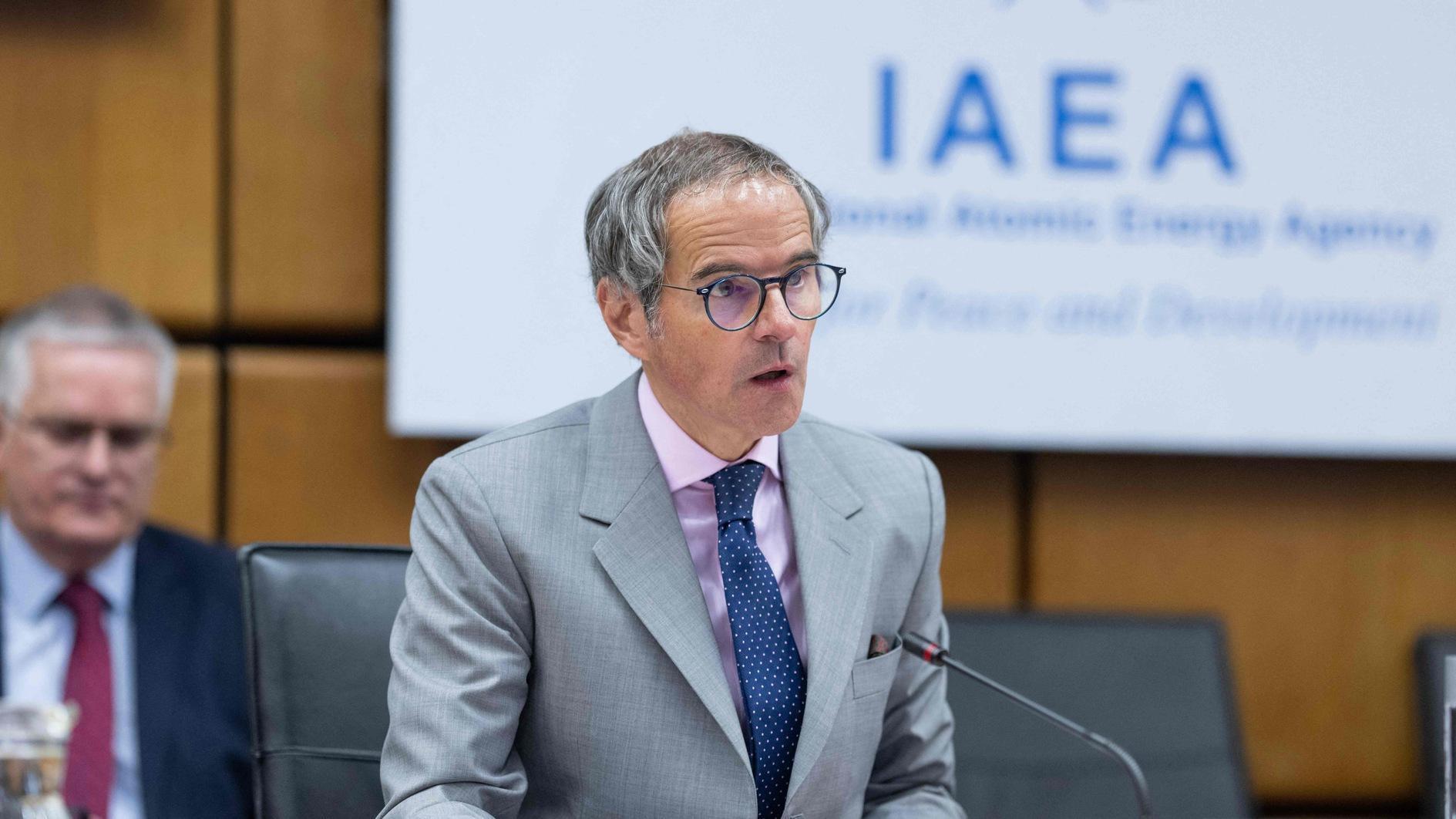Name of hope in economy: conciliation and coalition
The joint hope of the business world is that no matter the outcome of the Nov. 1 elections, a broad coalition government is formed and stability in the economy is established with immediate reforms.
This hope is not only in Turkey but is also shared by Turkish businessmen in Germany, which I personally witnessed last weekend in Düsseldorf. Almost all of them yearn for the formation of a broad-based government that will reestablish political and economic stability, increasing trade and cooperation. They are hopeful that after this first step, the necessary reforms will be introduced.
As a matter of fact, we know that all foreigners doing business with Turkey have this hope. When we ask what foreign investors will buy as positive, all bank executives describe “a coalition government and the start of reforms.”
In more concrete terms, even if the Justice and Development Party (AKP) wins the election and is able to form a one-party government, a broad-based coalition government is better, they say. Indeed, there will not be a coalition government in this scenario but we can say that they do not see that a one-party government would bring stability to the country. In this case, it is feared that President Erdoğan’s power will increase and he would bring those names close to him to economy management. In other words, it is feared that Babacan and his team would fade out of economy policies.
Consequently, the most preferred coalition formula is stated as a joint government of the AKP and Republican People’s Party (CHP). The most important factor in this preference is that a social conciliation will thus be established. There is a consensus that this formula would be the most suitable solution for the next term, in terms of both political and economic stability.
If coalition is again not formed
It is being reminded that the talks between the CHP and AKP after June 7 were a hope, especially with their similar economy policies. Thus, there is a serious belief that in the case these two parties form a coalition, economic reforms will be prepared and applied immediately. At the same time, in the option of this coalition, President Erdoğan’s powers will decrease and thus his intervention in the economy, which they openly say will be positive.
According to my observations, the markets and business world regard the AKP and Nationalist Movement Party (MHP) coalition as a “just sufficient” formula. In this case also, they find it positive in terms of economy policies that the president’s powers will decrease, and even though there could be a lack of economic vision, again, it would be an important development.
In short, the business world and the markets are curiously waiting for the Nov. 1 election results. They want to keep their hope that a coalition markets would regard as positive will be formed at an already tough global period. They also cannot totally wipe out the option that a coalition will be blocked even if a similar result of June 7 comes out on Nov. 1. When we ask them what would happen in this case, the best reply we get is “very bad.”











